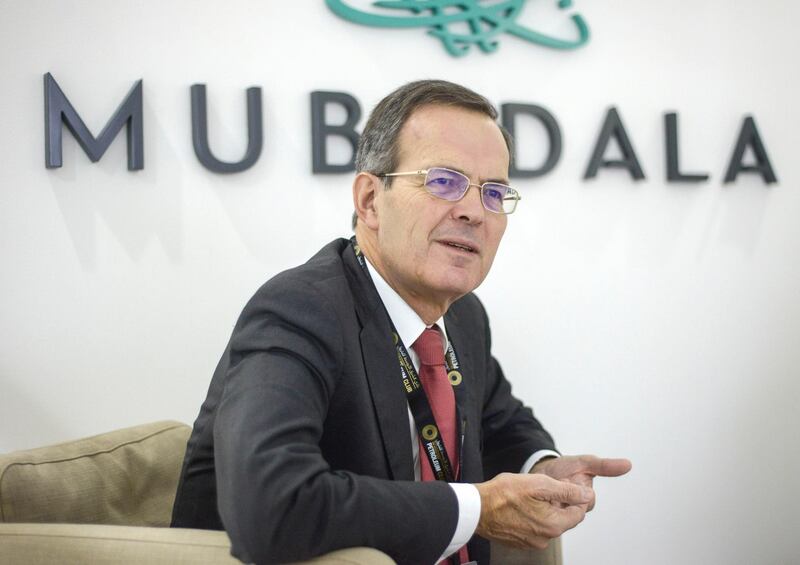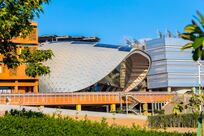The Abu Dhabi National Oil Company (Adnoc) and Cepsa, the Spanish oil and gas firm wholly-owned by Abu Dhabi’s Mubadala Investment Company, are studying a plan to build a world-scale linear alkyl benzene (LAB) complex at Ruwais to be integrated with Adnoc’s refinery facility.
The agreement, announced at the Abu Dhabi International Petroleum Exhibition and Conference (Adipec) on Wednesday, comes amid further discussions between the two firms on future collaborations in upstream and downstream projects.
Also known as detergent alkylate, LAB is the most common chemical compound used in the manufacture of biodegradable household and industrial detergents.
The facility at Ruwais is expected to have a planned production capacity of 150,000 tonnes and is expected to start up in 2021, with exports aimed at Indian and South East Asian markets.
The companies are expected to commence basic engineering of the proposed chemical facility in 2018.
Cepsa vice chairman and chief executive Pedro Miro told The National the Spanish firm was also in advanced discussions with Adnoc to partner on upstream and downstream projects.
_________________
Read more:
[ UAE’s oil minister optimistic over extension of production cut ]
[ Mubadala seeks to boost investments in energy ]
_________________
“We would be extremely interested, as you can imagine,” he said on the sidelines of Adipec.
"This is an area with plenty of opportunities, we have been discussing this with Adnoc since more than one year ago and we have had extensive discussions during Adipec 2016 and the whole year and also during this event.
“We’re looking at onshore and offshore, upstream and downstream projects. It’s a question of going deeper into those discussions and identifying which projects and what scope and finally the contribution of each one towards a fruitful partnership,” he added.
He declined to elaborate on which projects Cepsa was considering in Abu Dhabi.
Japanese firm Cosmo Oil and Cepsa started production earlier in November from the offshore Hail field, through their 80:20 joint venture Cosmo Abu Dhabi Energy Exploration and Production.
“Hail and Mubarraz are the main fields and the production is around 20,000 barrels per day (bpd). After the ramp up of new projects, it will reach 40,000 b/d sometime in the beginning of 2019,” said Miro.
“In the Middle East, as an Abu Dhabi company, we would like to develop projects in fields with Cosmo [Oil], a related company within the Mubadala portfolio," he added.
"Very recently we have expanded some of these fields with investments. We had our first oil just last week. Hopefully we would be able to identify new projects and opportunities in the forthcoming months.”
The Hail field is located on an artificial island and is one of four concessions operated by Abu Dhabi Oil Company (Adoc), the others being Mubarraz, Umm Al Anbar and Neewat Al Ghalan.
Adoc was established in 1968 by a consortium of three Japanese independent oil refiners - Maruzen Company and Daikyo Oil - that later merged to form Cosmo Oil as well as Nippon Mining Company, which is now called JX Holdings.
Adoc was the first Japanese exploration and production company outside of Western oil majors to operate Abu Dhabi concessions.
Abu Dhabi-based International Petroleum Investment Company (Ipic), which merged with Mubadala last year, acquired a 20 per cent stake in Cosmo Oil in 2007.
Ipic also took complete ownership on Cepsa in 2011 after buying a 48.83 per cent stake from French energy major Total. The Abu Dhabi government began its stakeholder relationship with Cepsa, acquiring a 10 per cent stake in 1988, which had increased to 53 per cent at the time of its acquisition by Ipic.







